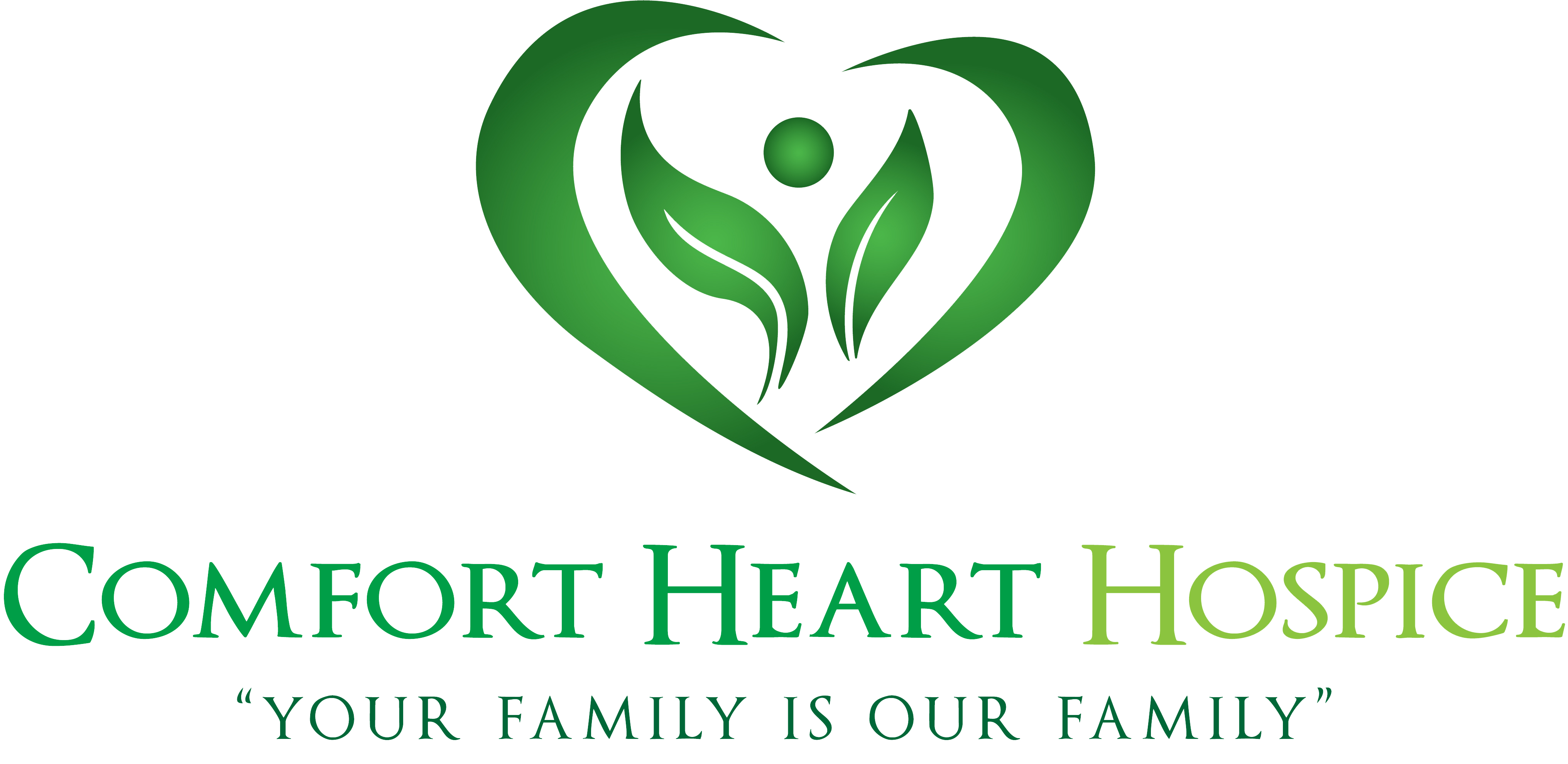Hospice care is dedicated to providing compassionate and holistic support to patients nearing the end of their lives, addressing physical, emotional, and spiritual needs to ensure the highest possible quality of life. An often-overlooked aspect of this comprehensive care is the role of nutrition and hydration in hospice, which can contribute significantly to patients’ comfort and overall well-being.
At Comfort Heart Hospice in Ohio, the small, intimate team recognizes the critical importance of nutrition and hydration in the hospice care experience, offering personalized guidance and care to ensure that patients’ unique dietary needs and preferences are met.
Nutrition and hydration are essential components of hospice care because they play a vital role in preserving patients’ dignity, promoting symptom management, and enhancing overall comfort. By addressing potential nutritional issues, hospice care professionals can help alleviate common symptoms, such as nausea, pain, and constipation, ensuring that patients feel as comfortable as possible during their end-of-life journey. Additionally, honoring patients’ dietary preferences and cultural norms plays a crucial part in preserving patients’ dignity and autonomy.
In this blog article, we will explore the significance of nutrition and hydration in hospice care, discuss specific nutritional concerns that may arise for hospice patients, and examine how the dedicated team at Comfort Heart Hospice in Ohio strives to promote comfort, dignity, and quality of life through attentive nutritional support.
The Role of Nutrition and Hydration in Hospice Care: Promoting Comfort, Quality of Life, and Dignity for Patients in Ohio
1. Common Nutritional and Hydration Challenges in Hospice Care
As patients near the end of life, they often face various physical and emotional changes, which can impact their nutritional intake and hydration. Some common challenges that patients and their caregivers may encounter include:
- Changes in Appetite: Many hospice patients experience a decrease in appetite as they approach the end of life. This can be due to various factors, such as weakness, fatigue, or side effects from medications.
- Difficulty Swallowing: Certain illnesses or conditions can make it difficult for patients to swallow food or drink, which can lead to malnutrition and dehydration.
- Nausea and Vomiting: Chemotherapy, radiation, or medications used to manage pain can cause gastrointestinal side effects, which may affect patients’ ability to consume adequate nutrition and hydration.
- Constipation and Diarrhea: Bowel disturbances can occur due to immobility, medications, or disease processes, making it challenging to maintain proper nutrition and hydration.
2. Assessing Individual Nutritional and Hydration Needs
Addressing nutritional and hydration concerns in hospice care involves a personalized approach tailored to each patient’s unique needs. The team at Comfort Heart Hospice in Ohio ensures that nutritional assessments and care plans are developed in partnership with patients, families, and healthcare professionals. Areas of focus include:
- Nutritional Assessment: Hospice care professionals collaborate with patients to evaluate their nutritional status, identifying any potential issues and areas of concern.
- Personalized Care Plan: Based on the assessment, the hospice team will develop a personalized care plan to address individuals’ nutritional and hydration needs, focusing on comfort and symptom management.
- Regular Monitoring: Hospice care providers regularly monitor patients’ nutritional intake and hydration status, making necessary adjustments to the care plan as needed.
3. Strategies for Supporting Nutritional and Hydration Needs
Comfort Heart Hospice in Ohio utilizes various strategies to promote optimal nutritional and hydration support for hospice patients, ensuring comfort, quality of life, and dignity are maintained. These strategies include:
- Education and Counseling: The hospice team provides education and counseling for patients and families on appropriate dietary choices, emphasizing comfort and symptom management.
- Individualized Meal Planning: Hospice care professionals work with patients and families to develop individualized meal plans that accommodate dietary preferences and restrictions, ensuring nutritional needs are met while incorporating familiar and comforting foods.
- Mealtime Assistance: For patients who require assistance with feeding, the hospice team can help make mealtime enjoyable and dignified, fostering positive experiences and promoting nutritional intake.
- Alternate Methods of Nutrition and Hydration: In some cases, alternative methods of nutritional and hydration support may be necessary. Oral supplements, intravenous fluids, or feeding tubes can be considered in collaboration with patients, families, and healthcare professionals when appropriate.
4. The Importance of Communication and Cultural Sensitivity
The team at Comfort Heart Hospice in Ohio recognizes that open communication, cultural sensitivity, and flexibility are crucial components of addressing nutritional and hydration needs in hospice care. Respecting individual preferences and cultural norms is essential for preserving dignity and ensuring comfort. Key aspects of this approach include:
- Understanding Cultural Diversity: Hospice care providers must be sensitive to cultural, religious, and personal preferences when addressing nutritional and hydration issues, as these factors can significantly impact patients’ comfort and well-being.
- Encouraging Open Communication: Hospice care professionals foster open and honest communication with patients and their families about their nutritional concerns and preferences, empowering them to make informed decisions that reflect their values and priorities.
- Flexibility and Adaptability: The hospice team remains flexible and adaptable in addressing patients’ nutritional and hydration needs, adjusting care plans as needed to provide comfort, support, and optimal quality of life.
Providing Personalized Nutrition and Hydration Support at Comfort Heart Hospice in Ohio
The skilled, compassionate team at Comfort Heart Hospice in Ohio is dedicated to addressing each patient’s unique nutritional and hydration needs through personalized care, promoting comfort, dignity, and quality of life throughout the hospice journey. By focusing on individualized assessment, education, and support, Comfort Heart Hospice ensures that nutrition and hydration remain central components of the comprehensive care provided to patients and their families.
If you or a loved one in Ohio is in need of hospice care, consider reaching out to Comfort Heart Hospice to learn more about their range of services, including personalized support for nutritional and hydration needs, designed to provide compassionate, quality care tailored to patients’ unique needs and preferences.


Recent Comments